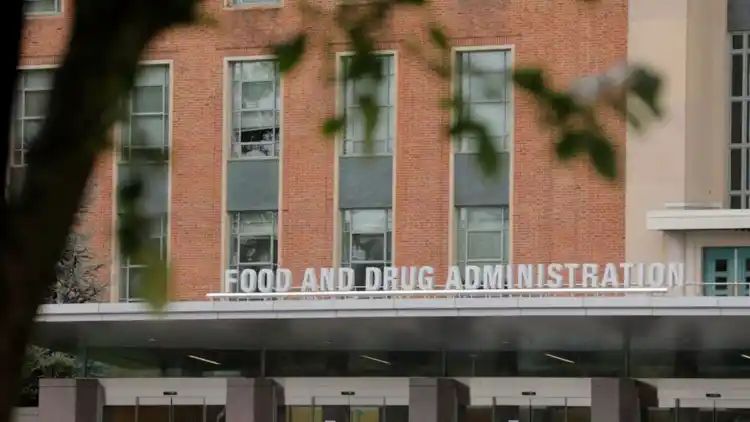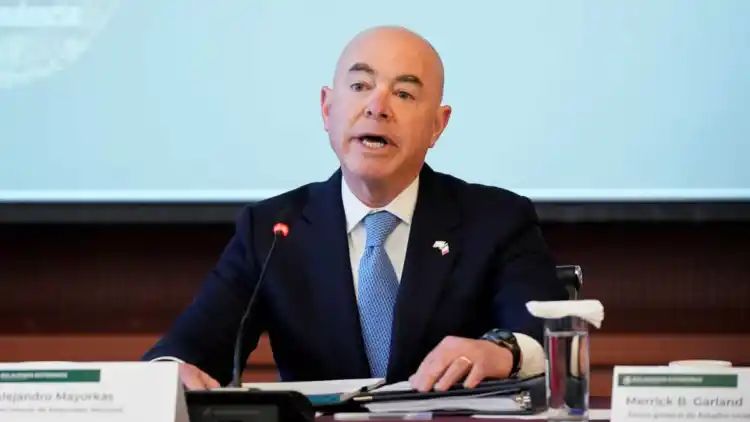US approves first drug for severe non-alcoholic fatty liver disease

The United States Food and Drug Administration (FDA) has given its approval to Madrigal Pharmaceuticals’ medication for non-alcoholic steatohepatitis (NASH), marking a significant milestone as the first authorized treatment for this condition.
This decision heralds a substantial economic opportunity, estimated to be in the billions.
Following the announcement, Madrigal Pharmaceuticals’ stocks experienced a notable surge, increasing by 24% to reach $301.99 during after-hours trading.
Formerly known as NASH, the condition has been recently renamed metabolic dysfunction-associated steatohepatitis (MASH). It is estimated to impact approximately 1.5 million individuals in the United States alone, according to the company’s assessments. Prior to this approval, there had been no sanctioned treatment available for this condition.
Madrigal Pharmaceuticals’ oral medication, slated to be marketed under the brand name Rezdiffra, is set to become available from April onwards, as CEO Bill Sibold informed Reuters ahead of the FDA’s decision.
The company has priced the drug at an annual wholesale price of $47,400.
The Institute for Clinical and Economic Review, a drug pricing watchdog, in May last year, estimated Madrigal’s drug would meet the cost-to-effectiveness benchmark if it was priced between $39,600 and $50,100 per year.
Evercore ISI analyst Liisa Bayko estimates Rezdiffra’s annual sales to surpass $5 billion at its peak.
Madrigal’s drug has been approved for patients who have NASH with fibrosis, or scarring, that has progressed to stage 2 or 3 in severity, the company said on Thursday.
The FDA’s label, however, does not require a liver biopsy requirement for diagnosis of NASH, the company added, which was a key concern among experts that could have hit demand.
The cause of NASH is not fully understood. It is typically associated with obesity, hypothyroidism, diabetes, high levels of fat in the blood, and similar health issues. It causes excess build up of fat in the liver and causes inflammation and fibrosis, or scarring, of the organ.
The approval marks a “gamechanging” moment for patients after a string of failures over the last decade, said Lorraine Stiehl, CEO of patient advocacy organization American Liver Foundation.
“There’s a lot of skeletons, there’s a lot of tombstones in terms of therapies in the space,” Stiehl said. “(But) the … approval is going to open the floodgates to just so many more therapeutics which are desperately needed.”
Akero Therapeutics, 89bio, Viking Therapeutics, and Sagimet Biosciences, are conducting mid- and late-stage trials of their drugs.
Rezdiffra’s accelerated approval was based on data from a late-stage study of 888 patients, which showed those on the drug had significant resolution of symptoms or improvement in liver scarring as compared to those on placebo, according to the FDA.





